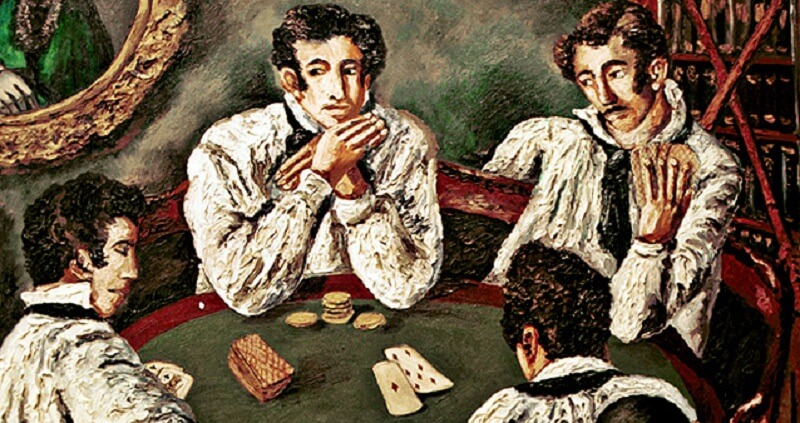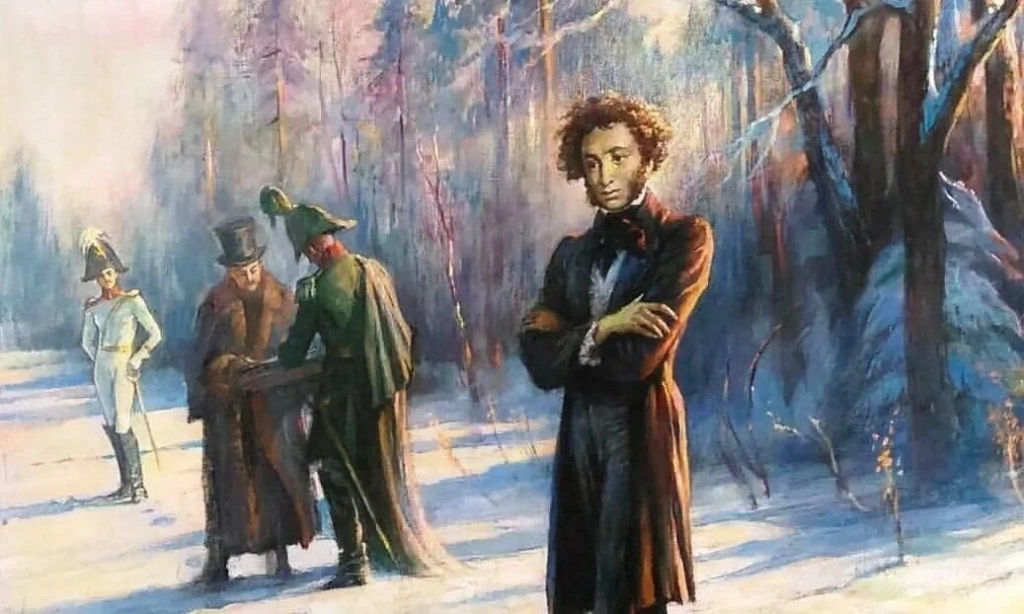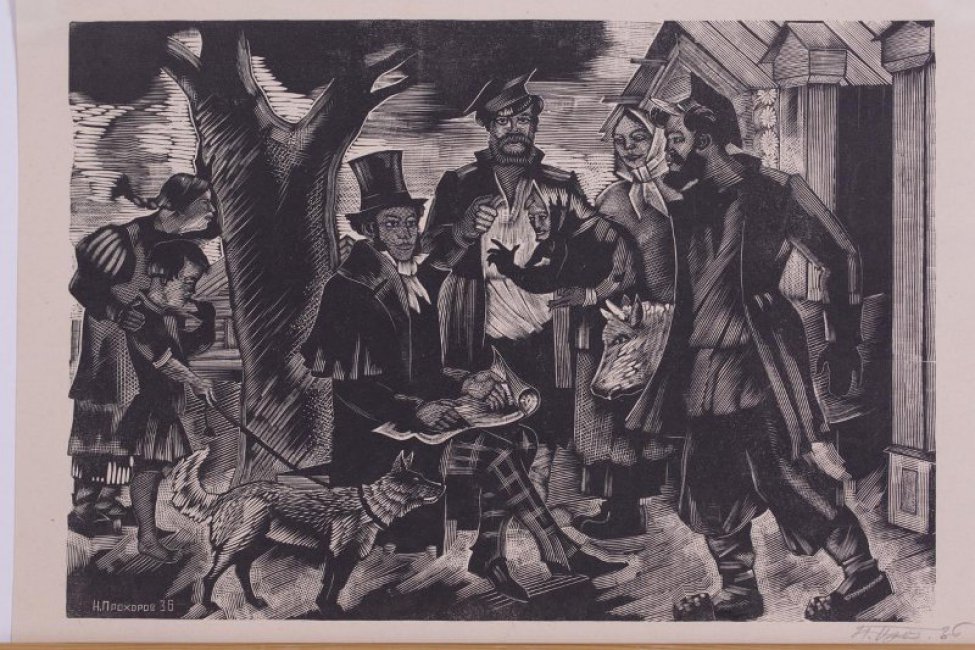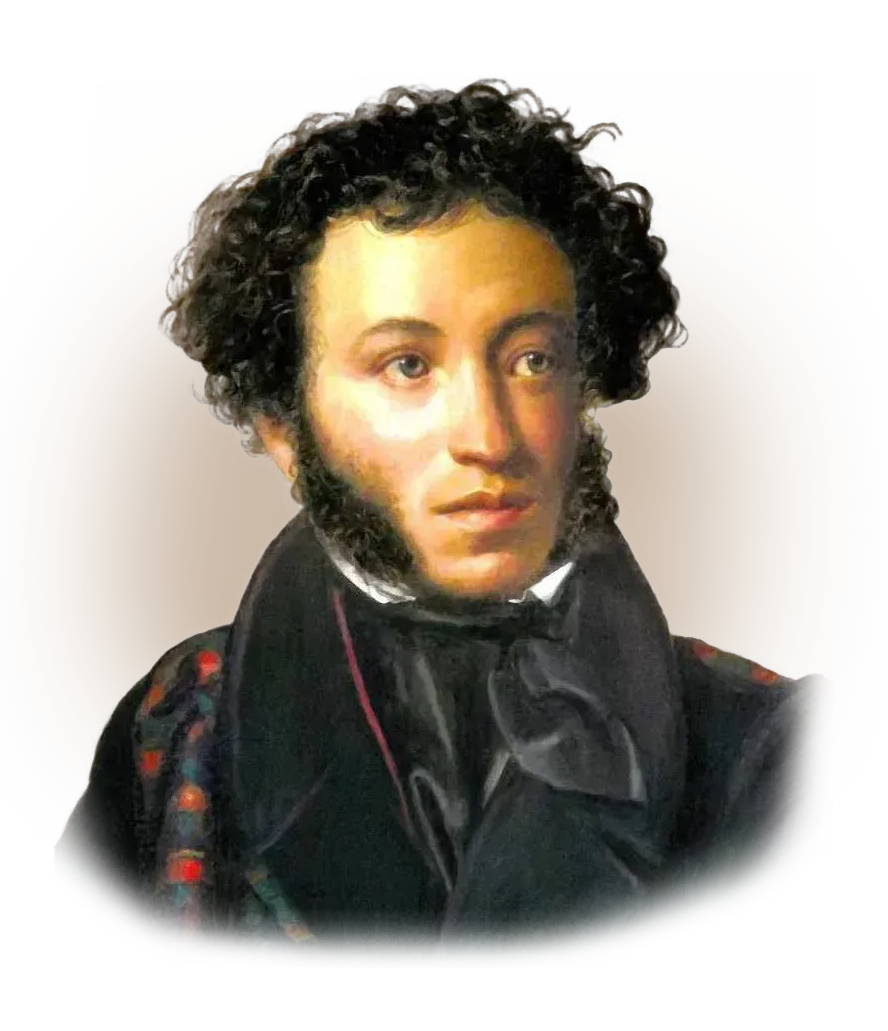
09.12.2022
After Pushkin’s death, Nicholas I defined a 25-year term of ownership of the heirs of the writer’s works, then the term was extended for another 25 years.
1. This decision on copyright helped Pushkin’s heirs, but hurt the writer’s legacy: his books were rarely published. In 1887, 50 years after Pushkin’s death, any publisher could print his works without paying anything. When Alexey Suvorin published his first ten-volume book the same year, readers literally swept away the counter and sold out all the copies.
2. Alexander Pushkin loved to gamble. Even in his Lyceum years the writer was addicted to cards: he saw in them the poetry of risk, a test of fate. The most popular game of the time – bank, or stoss – he praised in The Queen of Spades. Later he wrote proudly in his diary: “My ‘Queen of Spades’ is in great fashion. Players pontificate on the three, seven and ace.

Pushkin played usually unsuccessfully. Before the Southern exile of 1820, he staked the manuscript of his first collection of poems and lost. He managed to buy it back and publish it only a few years later. Pushkin later staged his unpublished works.
“Pushkin lost all the money he had. He offered, as a bet, just finished his fifth chapter of “Onegin. The bet was accepted, since the manuscript was also money, and very big (Pushkin received 25 rubles in notes per line) – and Pushkin lost. The next bet was a pair of pistols, but here the luck took the poet’s side: he won back both the pistols and the manuscript, and also won thousand and a half” – Nikolay Kicheyev.
3. The poet had a fiery temper. He challenged opponents to a duel and always carried a pistol. Writer’s comrade Alexander Veltman wrote that Pushkin immediately after awakening trained marksmanship and shot from a gun at the wall, sitting naked in bed. Then the “recreational” weapon was replaced by a seven-kilogram metal cane for the hardness of his hand when shooting.

Ivan Liprandi recalled: “I knew Alexander Sergeyevich irascible, sometimes to the point of tempers; but in a moment of danger. Pushkin possessed the highest degree of equanimity … When it came to the barrier, he was as cold as ice. For example, Pushkin came to his duel with Alexander Zubov with cherries, and while his opponent was aiming at the writer, he ate the berries quietly. When Zubov missed, Pushkin refused to shoot back. This episode later became the basis of the story “The Shot”.
4. Pushkin had African roots. The dark-haired “brown-haired man with strongly curly hair, blue eyes, and unusual attractiveness” turned his appearance into one of peculiarity.
He was a dandy. Sergei Sobolevsky told that the young poet had to ask his thrifty father “to buy him ball shoes with buckles, which were then in fashion, and how Sergei Livovich offered him his old, time Pavlovsky.
However, in his attire Pushkin often went to extremes. For example, a merchant’s son Ivan Lapin wrote in his diary about a meeting with Pushkin at the Svyatogorsk Fair in 1825: “Somehow surprised his strange clothes, for example: he had a straw hat on his head, wearing a chintz red shirt, girded with a blue ribbon, with an iron cane in his hand, with pre-long black sideburns that looked more like a beard; also with pre-long fingernails, with which he peeled the shell in oranges and ate them with great appetite, I think – about a dozen.” The writer grew long fingernails after high school. He kept them that way all his life – they are clearly visible in his portrait of Orest Kiprensky. To prevent the longest of his nails from breaking, Pushkin wore a thimble.
5. While working on the “History of Pugachev” Pushkin visited the village of Berdy in Orenburg province, where the rebels’ headquarters was. Here the writer interviewed eyewitnesses of the peasant war about the impostor.

The Cossacks were perplexed as to why the visiting man questioned them with such passion about the brigand and also paid for their story. They decided that the stranger was inciting them to revolt and denounced him. About this Vladimir Dahl, who traveled at the time with Pushkin, recalled: “Yesterday, some strange gentleman came, the signs: a small man, black hair, curly, swarthy face, and incited Pugachevschina and gave gold; must be the Antichrist, because instead of nails on his fingers claws”. Pushkin laughed a lot about it.




